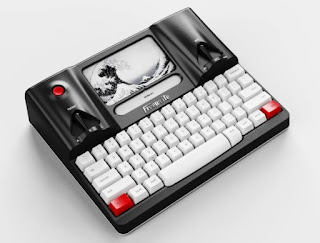How this works is you cut the entire info-dump out, and slowly weave the information back through dialog and action, only keeping the parts you really need. This way, you take a long and boring section of raw information the reader is forced to slog through, and you cut it up and mix it in with the interesting parts.
You need to be careful of the obvious name-drop stuff that looks like you are inserting factoids into your text unnaturally, such has the line, "Jane, your sister the doctor is calling!" If it sounds like no one would say it, or it just exists as "talking to the audience" - cut it out. If it fact drops with no real use in the narrative - cut it out.
Bonus points if you can "show" with the information instead. If your character has a favorite piece of swimwear and you go into a four paragraph diatribe explaining the vacation she went on with it and what happened, cut that out and save it for reference. You can be a little vague, and get to it later when it's important, and just say, "and I packed my favorite swimsuit, the one I wore to St. Kitts last year," and be done with it.
If the guy she met on vacation shows up later, handle it later. Pre-loading your readers with as much information as possible does three things:
- bores them
- shows them your uncertainty as a writer
- shows them you are writing this off-the-cuff and you need to record things here for future reference
Cooking skills help a great deal here, as that organized mind helps you deal with the complexities of writing and putting a great story together.
Nowadays, I plan extensively. I take notes. I write histories and backstories to characters which I keep in secret, and only pull out the parts that I need. I am never going to reveal everything, only the parts that become important and impact the scene I am working on.
So, info-dumps and foldification? My advice would be, save all of that information for later. Only fold back in the one or two facts you need, and save the rest for when you need it. You'll find your character narratives start to clean themselves up tremendously, and your characters instantly become deeper and more interesting.
What you choose to show readers should be the tip of the iceberg. Most of the rest of what makes a character interesting should be hidden in your notes underneath. Most importantly, you need to do the homework and create these notes ahead of time so you can pull from them.
Otherwise, you will be stuck doing a lot of post-process repair work such as foldification. This takes a lot of time, because you are in a mode where you are re-wiring and making sure you don't break anything else. What you are doing with the repair job may be also very obvious, and if you did it the right way first you wouldn't be going through this patching process. You may be very good at foldification and no one will notice, but it still isn't an ideal place to put yourself.
Better to do things the slightly slower way, write those backstories, create those histories, and fully lay out "what came before" in your notes so you can pull from it later. It takes a little more time to get a project started, but you will find once you are in the thick of writing, your job is much easier because you have so much support information to pull from.
That old adage never changes, "A little preparation makes the whole task simple and straightforward."

No comments:
Post a Comment